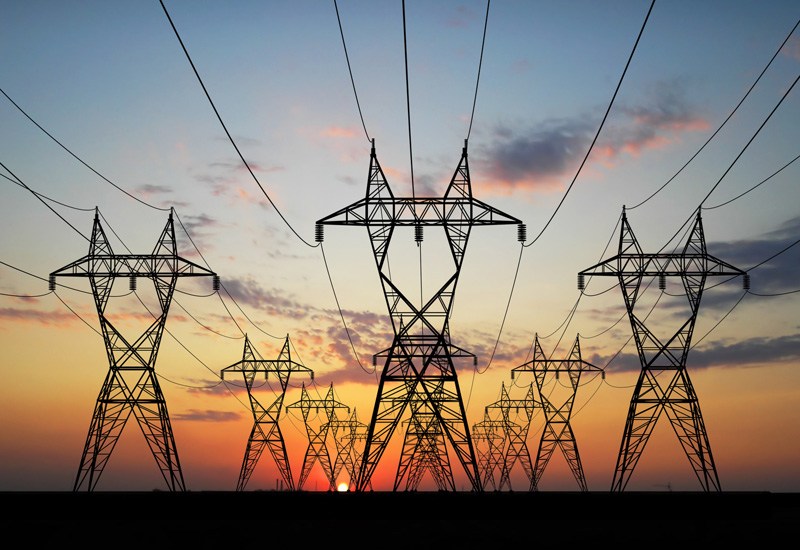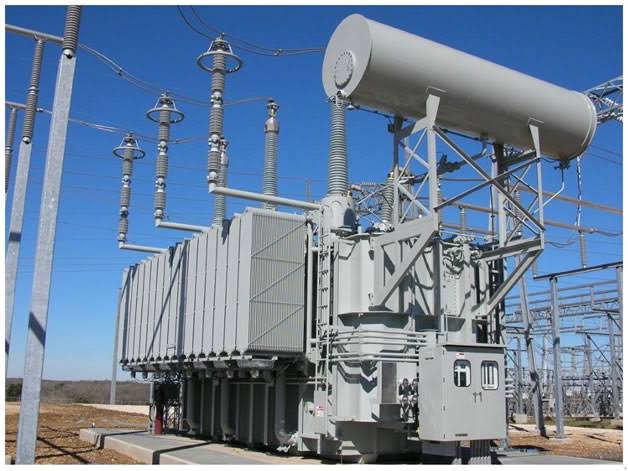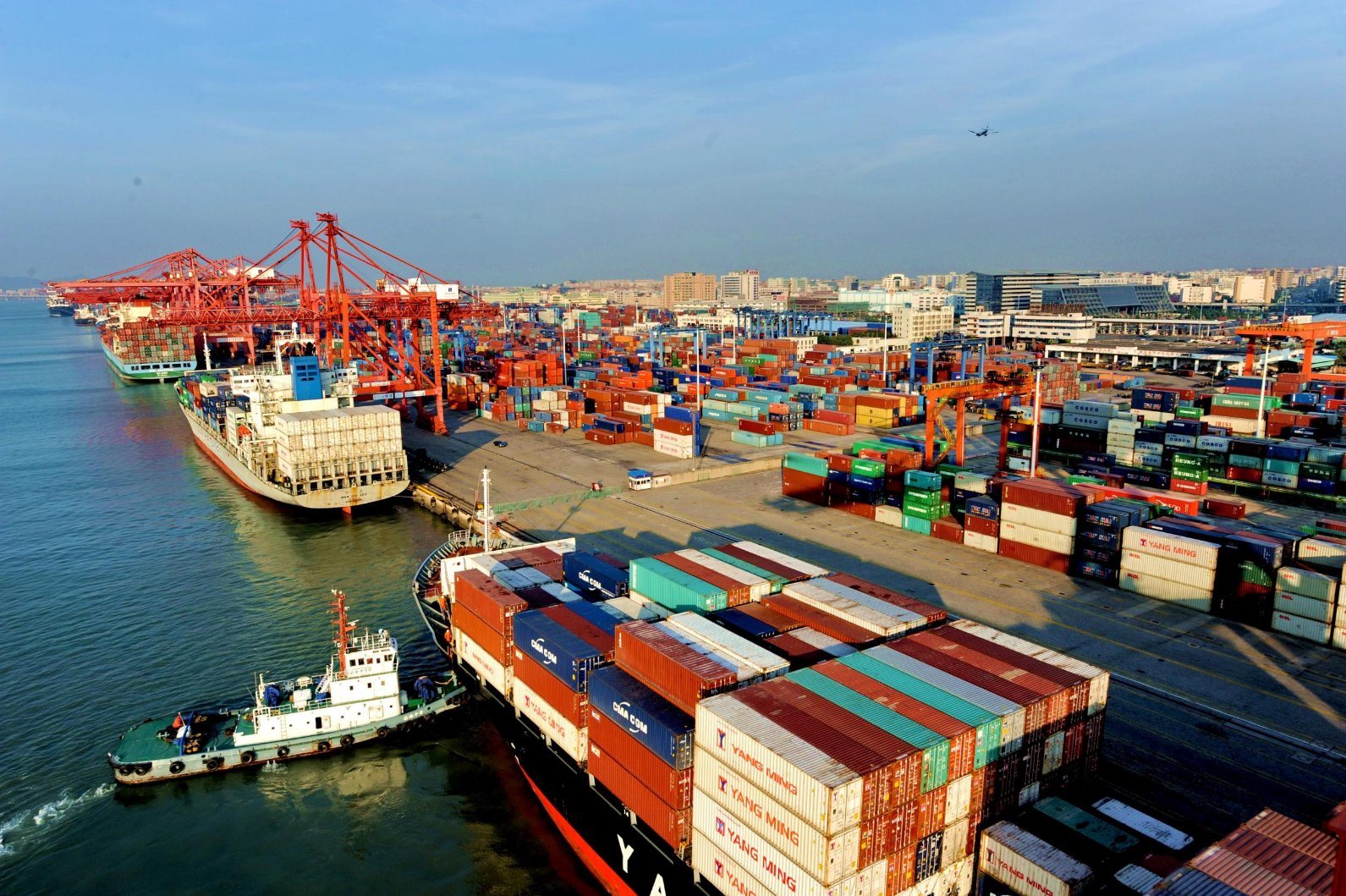Power Supply: Provide your 40% funding stake to DISCOS, stakeholders urge FG
Share

Some stakeholders in the power sector have called on the Federal Government to fulfil its 40 per cent funding to electricity distribution companies (DISCOS) to enable them to function effectively.
The stakeholders made the call in interviews with the News Agency of Nigeria (NAN) following reports that government was considering repossession of the 10 DISCOS as one of the options to rescue the nation’s troubled electricity sector.
This is coming ahead of the scheduled final performance review of the private firms that bought into the distribution companies, carved out from the defunct Power Holding Company of Nigeria (PHCN).
According to experts, government will require up to $2.4 billion (N736 billion) to repossess the privatised distribution assets from the core investors, if it finally takes the decision.
Mr Kola Adesina, Chairman, Ikeja Electric, urged government to give cost-reflective tariff to revamp the sector.
Adesina said the inability of government to provide funding for its own 40 per cent stake also contributed to the ineffectiveness of the DISCOS.
He called on government to ensure clarity in regulatory framework, adding that there was need for government to ensure prompt payment of Ministries, Department and Agencies’ (MDAs) debts.
According to him, government needs to ensure symmetry in the value chain and align tariff to fiscal regimes.
“Government has failed to deliver on its own part, and went to sign expensive power with Azura and 7energy, in a market that is cost-ineffective.
“Government’s changing rules and policies everyday are also not helping the sector,” Adesina said.
Mr Adetayo Adegbenro, Chairman, Light up Nigeria, said that there was actually no need for government to continue to meddle with the semi-private sector.
Adegbenro noted that what the government ought to have done was to fulfill all the contractual terms that came with its 40 per cent stake in the DISCOS.
He also said that government ought to have focused on actually forming a Board of Directors that reflected the corporate representation of the DISCOS.
The power expert described the call to review the sector, especially through sale by government, as ‘focusing on the wrong end of the stick’.
“How well has the regulatory body performed? How truly independent is the regulatory commission?
“For as long as we refuse to get the regulations wrong, there is no amount of reviews that will yield.
“By now, we should have been talking of Electric Power Sector Reform Act 2005 (EPSR Act), amendments sponsored by NERC, based on market response to the assumptions made, while coming up with EPSR Act 2005,” Adegbenro said.
He noted that the problems facing the power sector was more of regulatory stability, adding that the effect of “repossessing” might send negative signals to potential investors in the sector.
According to him, policy instability continues to trouble the power sector, saying going ahead means that more people and investors may not trust government to stay true and committed to its agreement.
However, Mr Muideen Ibrahim, Chief Executive Officer of BAMIB Resources and Investments Company Ltd., aligned with government position to recapitalise the distribution companies.
Ibrahim said he supported the proposed recapitalisation saying, “it is an established fact that it is not yet ‘Uhuru’ with distribution in the country as we speak.
“The generating companies are passing the buck to the distribution companies, and the customers are feeling the heat.
“Unfortunately, the high-handedness of the distribution companies is too much and distribution is performance-based.
“It is something that can be measured through power supply, but we still experience a lot of blackout in Nigeria in the 21st century. This is really sad, and call for serious concern now,” he said.
Ibrahim, who is also the Executive Secretary of the Electricity Meter Manufacturers Association of Nigeria (EMMAN), said the coverage of some of the distribution companies were too large; which also might have contributed to their inefficiency. (NAN)



















